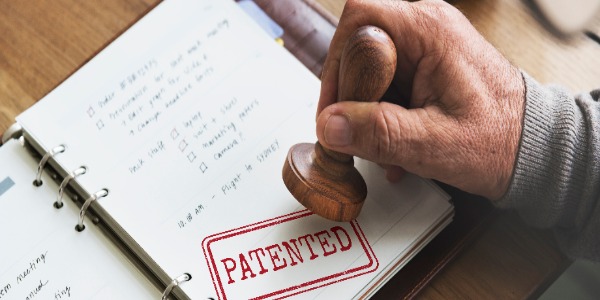2 min read
Hyper Bicycles, Inc. Awarded Attorney Fees in Patent Infringement Case
Joe Whitcomb
:
January 29, 2024

This Patent Law case involves a patent infringement lawsuit brought by Fa-Hsing Lu against Hyper Bicycles, Inc. regarding two design patents Lu holds for the ornamental design of a bicycle. In a prior ruling, the court interpreted the patents and provided a summary judgment in favor of Hyper, dismissing Lu's claims. The present case is in regard to Hyper's motion to pursue attorneys' fees.
Background
In September 2020, Lu initiated a patent infringement lawsuit against Hyper, alleging infringement on two United States patents related to bicycle design. Hyper denied these allegations and counterclaimed with 13 claims against Lu.
A Markman hearing was conducted in October 2021 to establish the interpretation of the patents' claims. The Court subsequently issued a memorandum and order, adopting a confined verbal interpretation of the patents.
Extensions of time were granted in 2022 and 2023 to allow for fact-finding and expert exploration. In June 2023, Hyper submitted a motion for summary judgment, which was granted by the Court in August 2023.
In the present case, Hyper sought attorney fees under the provisions of 35 U.S.C. § 285, which permits the recovery of legal fees in patent-related disputes under certain conditions where the case is deemed “exceptional.”
Factors for Determining Exceptionality
The determination of whether a case qualifies as "exceptional" under the Patent Act hinges on two main factors: the substantive strength of a party's litigating position and the manner in which the case was litigated. Merely presenting incorrect or unsuccessful legal and factual arguments during litigation is not enough to establish exceptionality.
Courts assess the exceptional nature of a case on a case-by-case basis, taking into account the entirety of the circumstances. Various factors contribute to a finding of exceptionality, including frivolousness, motivation, objective unreasonableness in both the factual and legal aspects of the case, as well as the need to promote compensation and deterrence.
Determination of Case Exceptionality
The court examined the totality of circumstances and found the case exceptional based on the frivolity of Lu's claims and his failure to litigate the case meaningfully. The plaintiff's continuous requests for extensions resulted in a drawn-out legal battle that would have spanned three years if the fourth motion to extend had been granted. Throughout the duration of the case, the plaintiff demonstrated a lack of engagement in meaningful litigation practices, including the absence of written discovery, depositions, or expert witnesses from the plaintiff's side.
Moreover, Lu's response to the defendant's motion for summary judgment was feeble at best, as he hardly contested the motion and admitted to critical facts that favor the defendant's position. Consequently, the plaintiff's arguments against considering this case as "exceptional" fail to convince.
Furthermore, Lu's own deposition testimony, along with evidence provided by the defendant's principal, directly contradicts the claims made by the plaintiff. Moreover, the plaintiff failed to undertake even basic fact-finding efforts and did not provide any substantiating evidence regarding the alleged damages.
In addition to the plaintiff's disregard for good faith and cost control, they failed to demonstrate any genuine efforts in minimizing the overall expenses incurred throughout the legal proceedings. Considering these missteps and the overall conduct of the plaintiff, the Court determined that this case falls within the realm of "exceptional" as defined by the Patent Act.
Conclusion
The court concluded that Lu's counsel should have known the claim was meritless after Lu's admission about lack of proof of infringing sales. Thus, Hyper was awarded fees and costs only from that date forward, barring evidence the suit was filed in bad faith originally or Lu engaged in misconduct.
In light of the aforementioned reasoning, the court granted Hyper's motion to recover reasonable attorney fees incurred subsequent to Lu's admission of the absence of proof regarding the sale of infringing products. However, the motion was denied in all other aspects.


